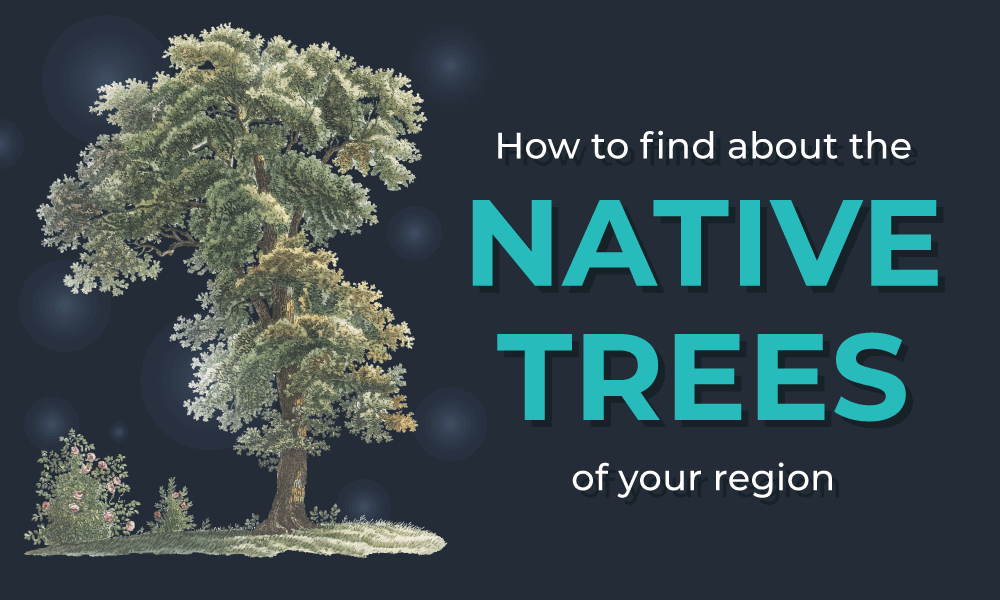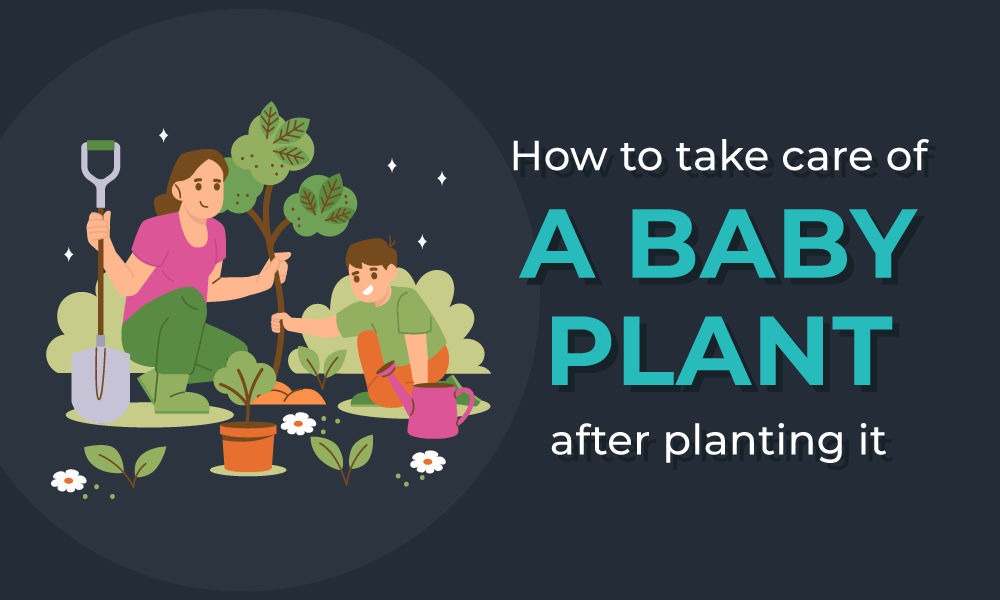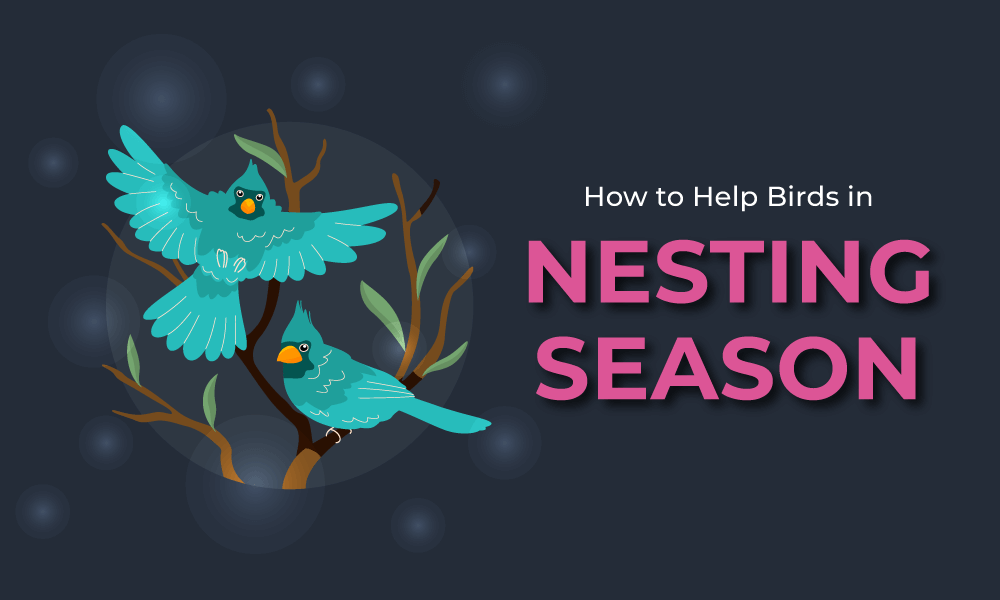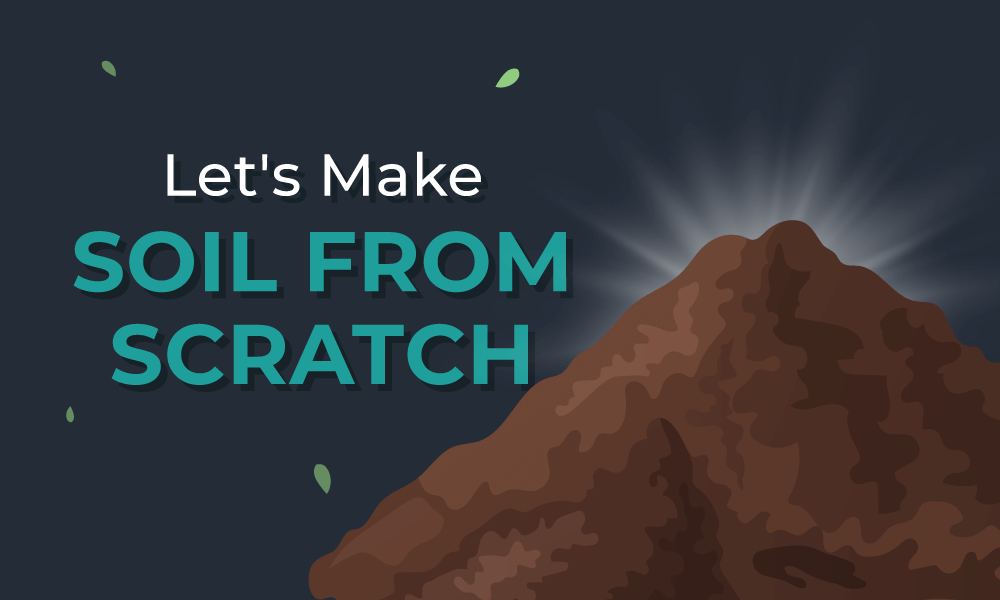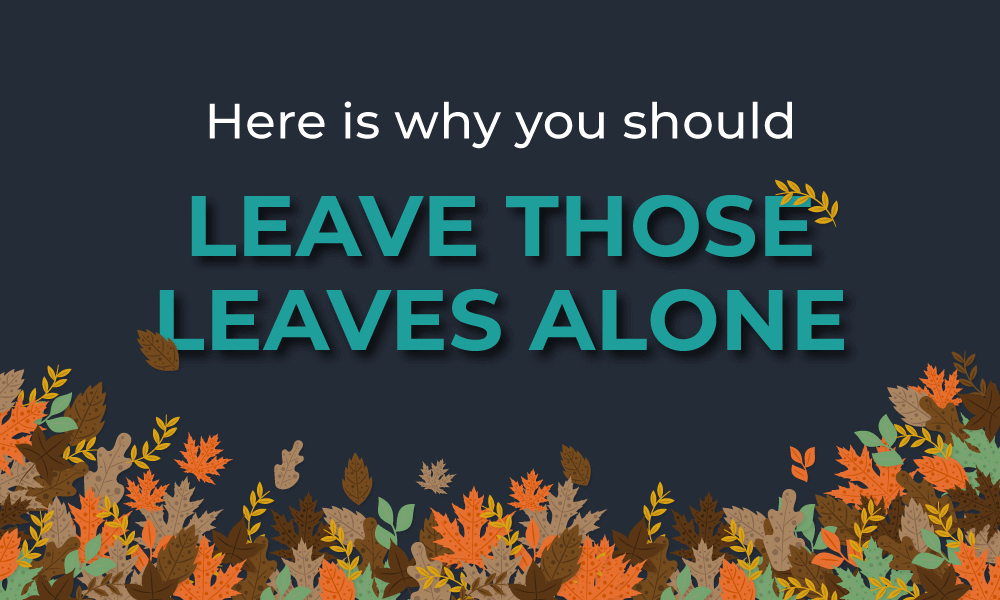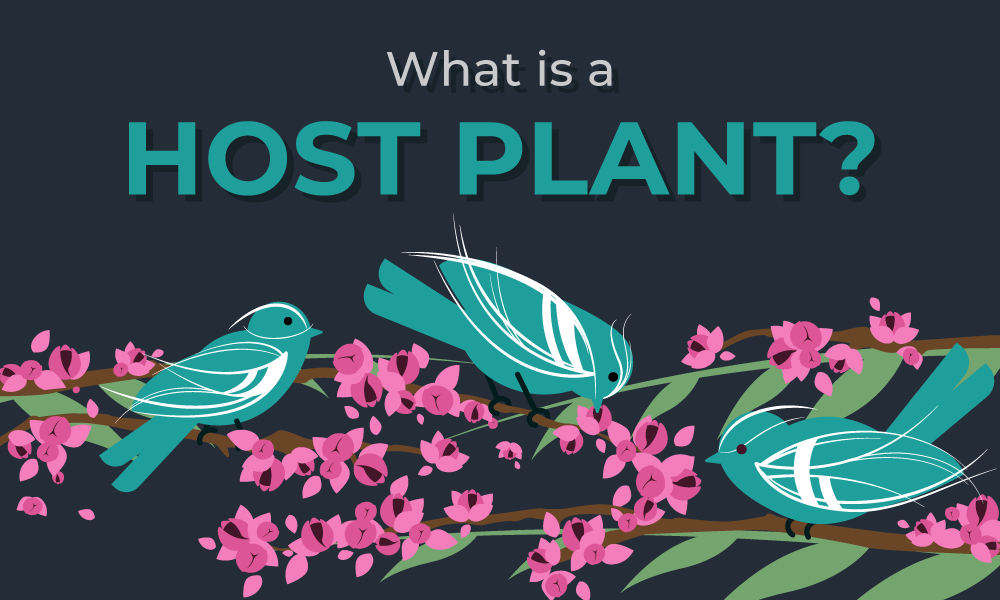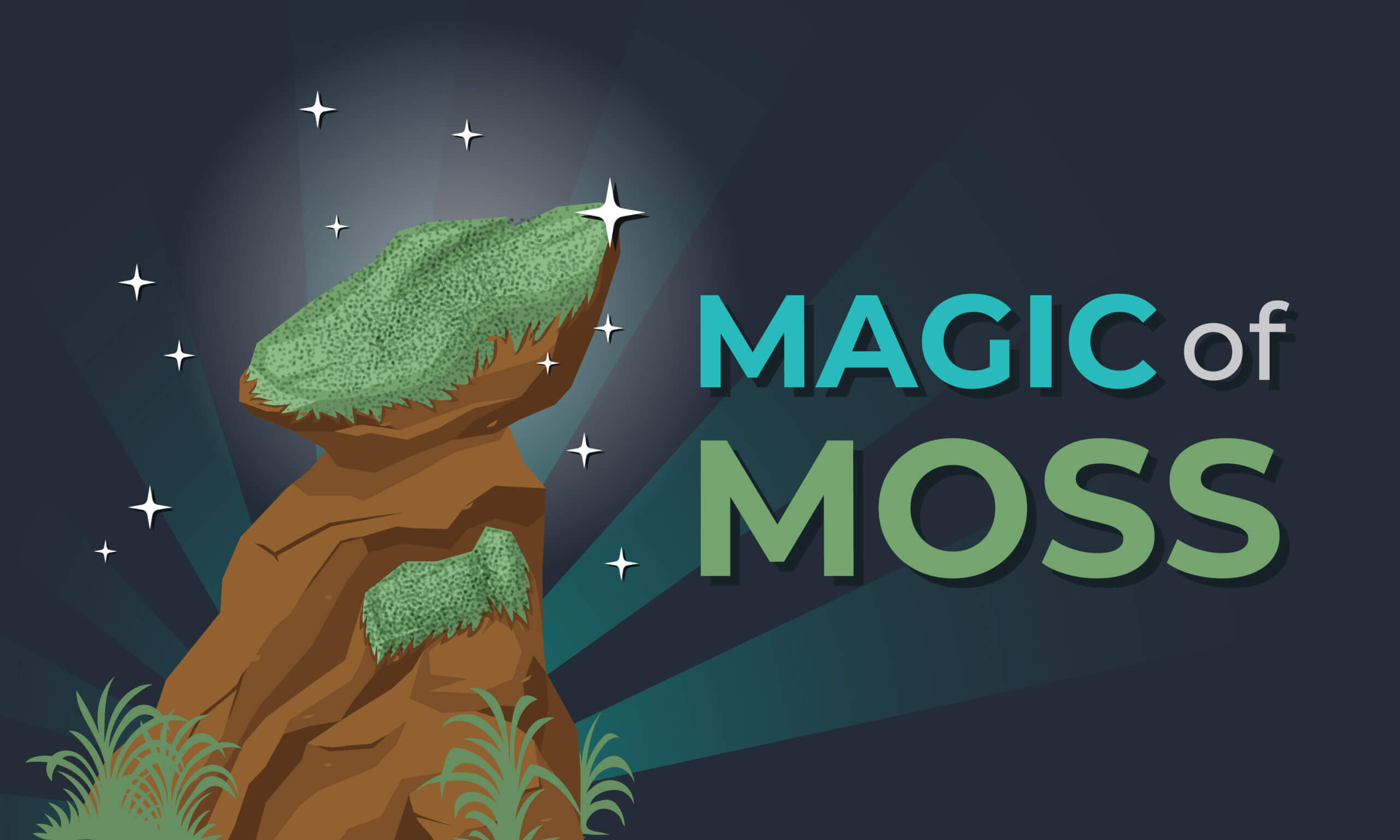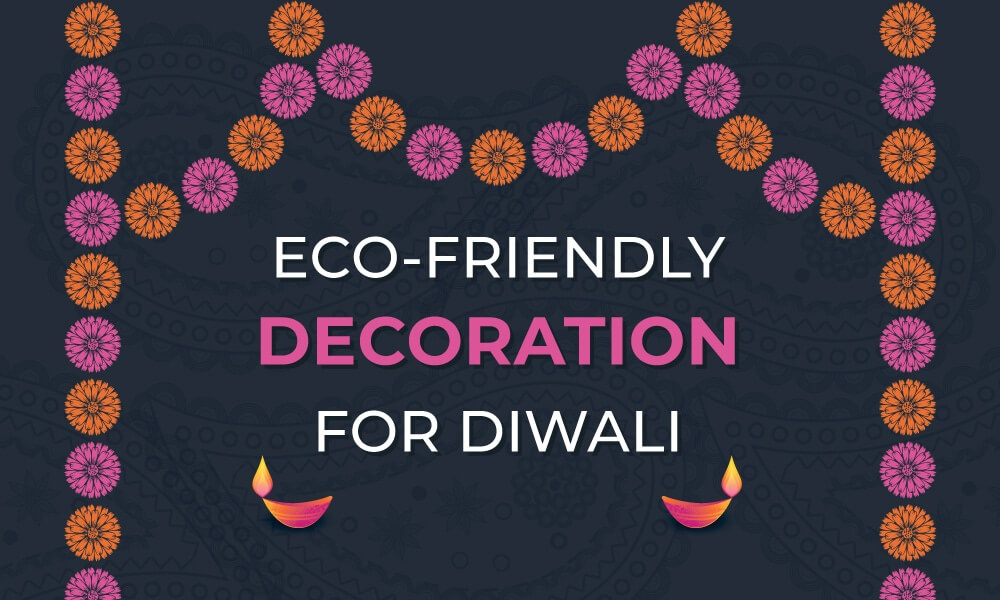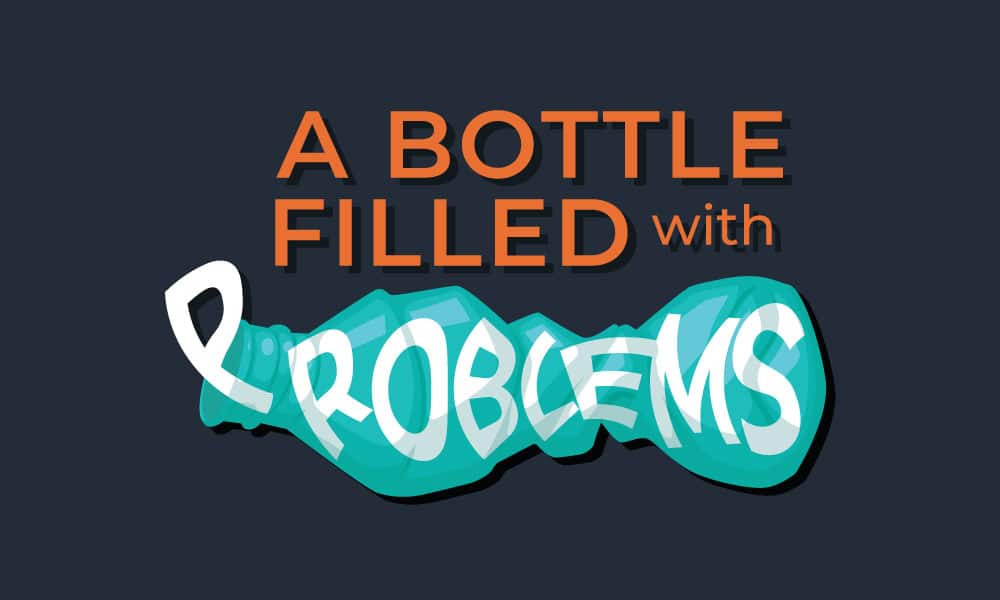Snake bites can be scary, but knowing the right steps to take can make all the difference. Whether you’re a hiker, a nature enthusiast, or just someone who wants to be prepared, understanding how to handle a snake bite is important.
Here’s a very simple and easy to understand guide on what to do—and what not to do—if you or someone nearby is bitten by a snake.
Immediate Steps to Take After a Snake Bite
1. Stay Calm
Don’t panic: Keeping calm is the main thing. Panicking can increase your heart rate, which might spread the venom more quickly through your body. Remember, most snake bites can be treated effectively with proper medical care.
2. Seek Medical Attention Immediately
Call for help: Dial emergency services or get to the nearest hospital as quickly as possible. Time is of the essence in treating snake bites.
Avoid home remedies: There are no effective home treatments for snake bites. Professional medical intervention is necessary to manage the venom and its effects.
3. Limit Movement
Keep still: Try to stay as still as possible. Movement can accelerate the spread of venom.
Stay awake: Avoid sleeping or lying down if possible. Keeping awake helps monitor your condition and react very fast to any changes.
4. Properly Bandage the Wound
Apply a bandage: While it’s important to keep the bitten area immobilized, do not bind it tightly with any cloth. Use a bandage to lightly wrap the area, but ensure it’s not too tight to cut off blood circulation.
What Not to Do After a Snake Bite
1. Don’t Attempt to Suck Out the Venom
Cutting and sucking are myths: Despite what you might have seen in movies, cutting the wound and attempting to suck out the venom is not only ineffective but also dangerous. This can lead to further infection and injury.
2. Avoid Traditional Remedies and Superstitions
No exorcists or faith healers: Snake venom requires medical treatment, not rituals or exorcisms. Trust science and head to a hospital for proper care.
3. Don’t Try to Catch or Kill the Snake
Leave the snake alone: If you encounter a snake, do not attempt to catch or kill it. This can lead to additional bites. Instead, note the snake’s appearance to help medical professionals identify the species, which can be helpful for treatment.
4. Don’t Waste Time
Immediate action is crucial: Do not delay seeking medical attention. Every minute counts when dealing with a snake bite, so prioritize getting to a hospital quickly over anything else.
Additional Tips for Handling Snake Encounters
1. Preventive Measures
Wear protective clothing: When hiking or exploring areas known for snakes, wear long pants and boots to reduce the risk of bites.
Stay on paths: Stick to well-trodden paths and avoid tall grass or underbrush where snakes might be hiding.
2. Know Your Snakes
Educate yourself: Learn about the types of snakes in your area. Knowing which snakes are venomous can help you react appropriately if you encounter one.
3. Create a Safe Environment at Home
Snake-proof your surroundings: Keep your yard clean, remove piles of debris, and ensure your home is sealed to prevent snakes from entering.
Conclusion
Snake bites are serious, but with the right knowledge and quick action, they can be effectively managed. Remember to stay calm, seek medical help immediately, and avoid common myths and misconceptions. By understanding what to do and what not to do, you can better protect yourself and others in the event of a snake bite.
Stay safe, stay informed, and always respect wildlife. Your quick and calm response can make a life-saving difference.
Read more : Wild cats of the world
If you have some suggestion on which we should write or you have any query and something else you can contact us. Please do share this blog with your family, friends, and others so they can all learn What to Do and Not Do if a Snake Bites You




























